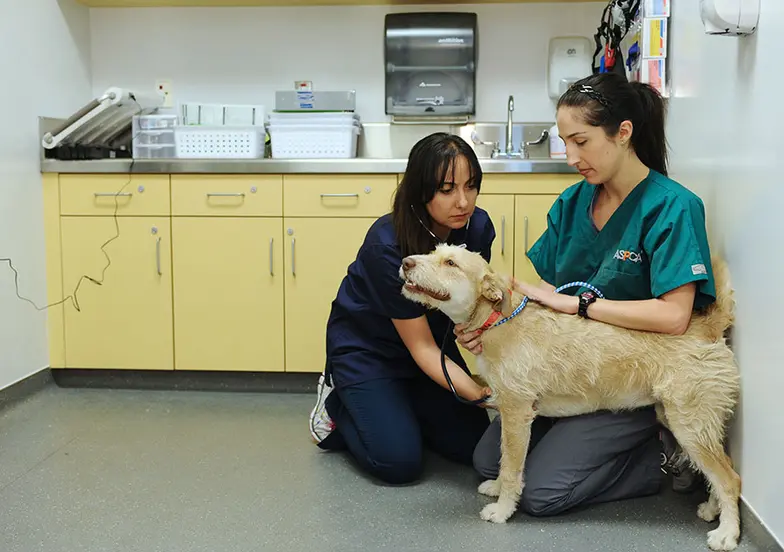3 Tips for Preventing the Spread of Canine Heartworm Infection During Transport

Heartworm disease is a serious health problem and, according to The American Heartworm Society, continues to expand across the United States due to an increase in mosquito populations, shifting wildlife territories, and changes in weather patterns. Animal relocation programs can do many things to prevent the spread of heartworms, including treating known heartworm-positive dogs before moving them to a different region of the country. It’s best to wait at least 30 days post-treatment before transporting dogs who have been treated for heartworm.
In the case of heartworm-positive dogs that must be relocated to get the treatment they need, here are helpful tips on safe transport to reduce the risk of spreading infection to other animals.
Play the video below and download the Heartworm Transmission Prevention Protocol for a quick and easy reference.
If you must move an infected dog, be sure to check with the destination state veterinarian’s office to be sure it’s legal to import heartworm-positive dogs. Then, follow these 3 recommendations to ensure transported dogs are part of the solution and not part of the problem:
- Review the medical history. Heartworm-positive dogs with a history of coughing, increased respiratory rate during rest, or heart murmurs are not good candidates for relocation.
- Check for circulating microfilariae. Microfilariae are “baby” heartworms that are transferred to a mosquito when it feeds on an infected dog. When the mosquito feeds on another dog, the microfilariae can then be transferred to the new dog. Use a microscope to check a blood sample for circulating microfilariae in each dog you are considering transporting. If you find circulating microfilariae, eliminate them before transport so affected dogs can’t contribute to the spread.
- Begin a transmission prevention protocol. Use a protocol that includes a combination of heartworm preventives, insecticides, and doxycycline before transport. This protocol will disrupt the cycle of transmission and ensure that heartworm-positive dogs can be transported without putting other animals at risk.
When a heartworm-positive dog arrives at the new location, treatment for heartworm disease can begin as soon as the dog is settled in the new location.
More on Managing Heartworm
Downloads
Download AllWe have lots more on this subject:
